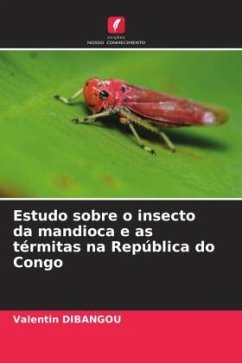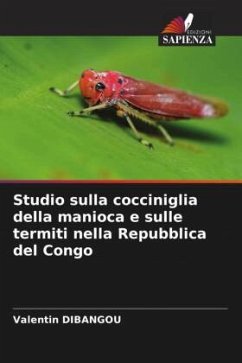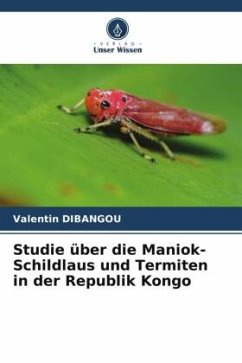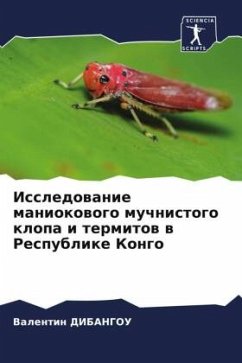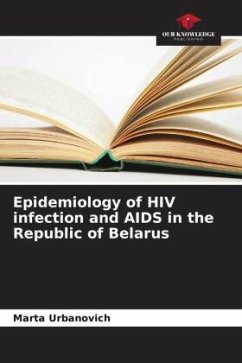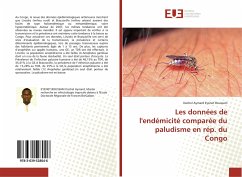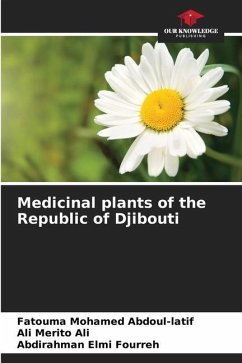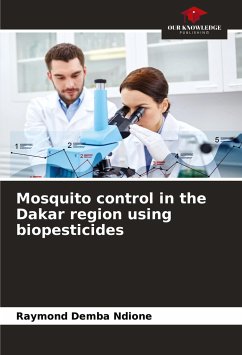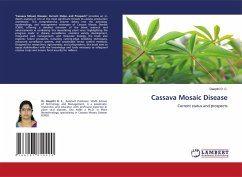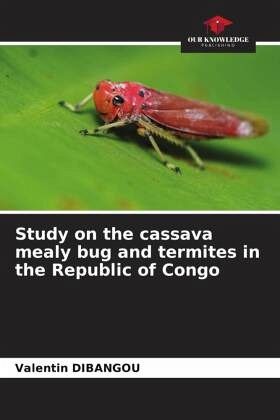
Study on the cassava mealy bug and termites in the Republic of Congo
Versandkostenfrei!
Versandfertig in 6-10 Tagen
29,99 €
inkl. MwSt.

PAYBACK Punkte
15 °P sammeln!
The cassava mealybug and termites are invertebrate animals belonging to the arthropod phylum and the insect class.The mealy bug Phenacoccus manihoti is a pest of cassava crops that attacks the leaves. The control of this pest has been organized in the Republic of Congo by the introduction of a hymenopteran parasitoid, Epidinocarcis lopezi, which has very quickly fallen prey to hyperparasites that slow down its expansion and limit its effectiveness. The study makes an inventory of the entomophagous insects of the cassava mealybug.Termites are social insects that represent the most abundant soil...
The cassava mealybug and termites are invertebrate animals belonging to the arthropod phylum and the insect class.The mealy bug Phenacoccus manihoti is a pest of cassava crops that attacks the leaves. The control of this pest has been organized in the Republic of Congo by the introduction of a hymenopteran parasitoid, Epidinocarcis lopezi, which has very quickly fallen prey to hyperparasites that slow down its expansion and limit its effectiveness. The study makes an inventory of the entomophagous insects of the cassava mealybug.Termites are social insects that represent the most abundant soil macrofauna. Some species erect nests or termite mounds. While the only epigeous constructions present in the sugarcane plantations of the Niari Valley in Congo are those of the genus Pseudacanthotermes, the study site, located in the middle of these plantations, has two other genera: Cubitermes, Trinervitermes. The distribution of the nests present on the site as well as the role of the nature of the rocky soil and the topography of the site are discussed.



